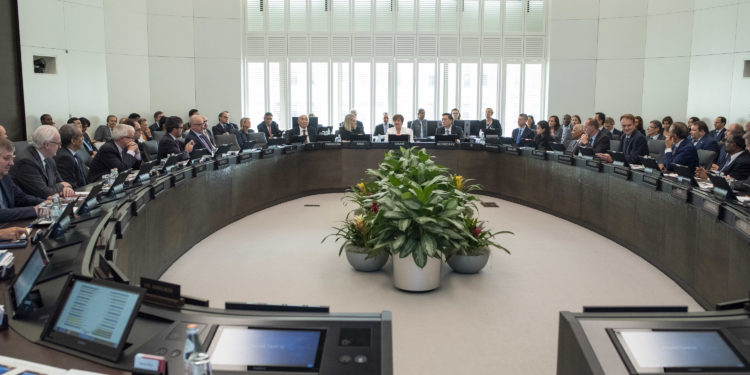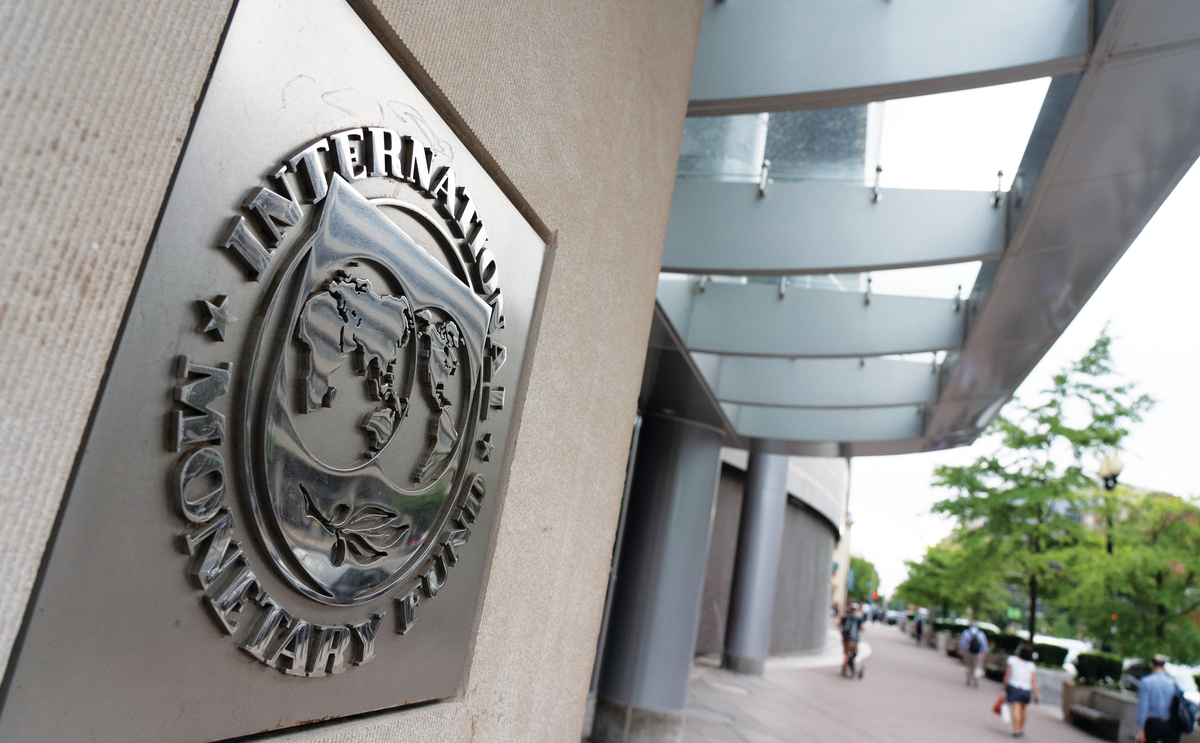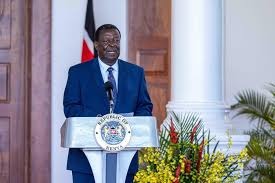The International Monetary Fund has approved a $3.4bn loan package for Ethiopia, marking a significant step in the country’s efforts to address its economic challenges and implement wide-ranging reforms.
The four-year Extended Credit Facility (ECF) arrangement, announced on Monday, aims to support Ethiopia’s Homegrown Economic Reform Agenda and tackle macroeconomic imbalances.
The decision by the IMF’s Executive Board will enable an immediate disbursement of approximately $1bn to help Ethiopia meet its balance of payments needs and provide support to the budget. The remaining funds will be released in tranches over the four-year period, subject to programme reviews.
Ethiopia has been grappling with significant economic pressures, including high inflation, low international reserves, and unsustainable debt levels. The IMF-backed programme is designed to address these issues while laying the foundations for higher, inclusive, and private sector-led growth.
Key elements of the reform package include transitioning to a market-determined exchange rate, combating inflation through monetary policy modernisation, increasing domestic revenue mobilisation, and restoring debt sustainability. The programme also emphasises strengthening social safety nets to mitigate the impact of reforms on vulnerable households.
Antoinette Sayeh, Deputy Managing Director and Acting Chair of the IMF, said: “Ethiopia has been facing significant economic pressures amid a series of large shocks, high inflation, low international reserves, and unsustainable debt. In response, the authorities have launched a comprehensive reform program, to be supported by the ECF-arrangement.”
The move to a market-determined exchange rate is seen as a critical step in addressing external imbalances and relieving foreign exchange shortages. This will be accompanied by the removal of current account restrictions and a modernisation of the monetary policy framework to control inflation.
To support these efforts, the Ethiopian authorities have committed to eliminating monetary financing of government deficits, tightening monetary policy, and implementing prudent fiscal management. These measures are aimed at keeping inflation in check and ensuring the successful implementation of the new exchange rate regime.
The IMF programme also focuses on enhancing the sustainability of public finances. This includes efforts to raise fiscal revenues and secure a comprehensive external debt treatment, including official debt under the G20 Common Framework. The IMF noted that the “first use of the ‘credible official creditor process’ under the recent IMF policy reform has successfully allowed the Official Creditor Committee under the G20 Common Framework to provide financing assurances for this ECF-supported program in a short period of time.”
Strengthening public investment management, particularly in areas related to climate change and post-conflict reconstruction, is another key aspect of the programme. The IMF has called for enhanced transparency and management of fiscal risks, especially those associated with extrabudgetary units and large state-owned enterprises.
The recent recapitalisation of the Commercial Bank of Ethiopia has been highlighted as addressing a key macro-financial vulnerability. Further reforms to improve financial sector governance and reduce financial repression are expected to be implemented as part of the programme.
Ms. Sayeh emphasised the importance of protecting vulnerable populations during the reform process: “The authorities’ policies are well calibrated to protect the vulnerable and mitigate the socio-economic impacts of the reforms. They will significantly increase the budget allocation to the targeted cash transfer program (PSNP). Temporary subsidies on fuel and fertilizers are also part of the fiscal package, and will need to be unwound gradually over time.”
The IMF expects the ECF arrangement to catalyse additional external financing from development partners and creditors, providing a framework for the successful completion of the ongoing debt restructuring process.
IMF Managing Director Kristalina Georgieva described the approval of the ECF as “a landmark moment for Ethiopia,” adding that it “is a testament to Ethiopia’s strong commitment to transformative reforms. The IMF looks forward to supporting these efforts to help make the economy more vibrant, stable, and inclusive for all Ethiopians.”
The economic programme supported by the ECF arrangement represents a significant shift from Ethiopia’s previous public investment-led growth model, which the IMF noted had “reached its limits.” The new approach focuses on stimulating private sector activity and increasing economic openness to promote higher and more inclusive growth.
The IMF’s support provides a crucial financial cushion and policy framework, but the ultimate test will be the programme’s impact on Ethiopia’s economic stability and growth prospects in the years to come.


















